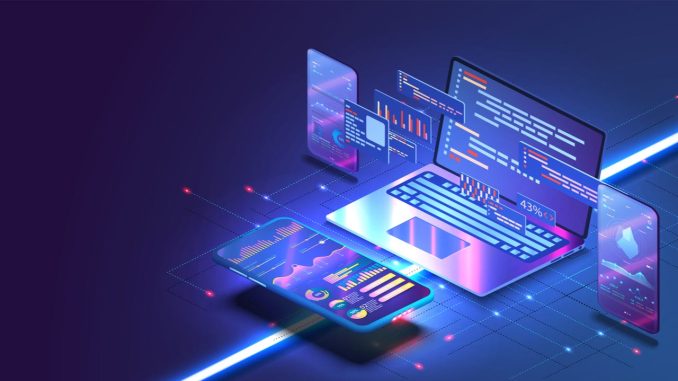
The Early Days: Foundations of Modern Technology
The history of technology can be traced back to the simplest tools used by early humans. These rudimentary devices laid the groundwork for more complex inventions. The development of agriculture marked a significant leap, leading to settled communities and the eventual rise of civilizations. The invention of the wheel, the harnessing of fire, and the creation of written language were monumental milestones that facilitated further technological progress.
The Industrial Revolution: A Technological Tsunami
The Industrial Revolution of the 18th and 19th centuries was a period of rapid technological change. It introduced machinery that transformed industries, leading to mass production and the birth of factory systems. Steam engines, railroads, and telegraphs revolutionized transportation and communication. This era not only boosted economic growth but also set the stage for the technological advancements of the 20th century.
The Digital Age: The Birth of Modern Computing
The 20th century witnessed the dawn of the digital age. The invention of the transistor in 1947 paved the way for modern computing. The subsequent development of integrated circuits and microprocessors led to the creation of personal computers, revolutionizing the way we work and live. The internet, which began as a project to connect a few research labs, has grown into a global network that connects billions of people and devices.
The 21st Century: A Convergence of Technologies
The 21st century is characterized by the convergence of various technologies. Artificial intelligence (AI), blockchain, the Internet of Things (IoT), and biotechnology are some of the transformative fields driving innovation today. AI, in particular, is changing industries ranging from healthcare to finance by enabling machines to learn from data and perform tasks that typically require human intelligence.
The Future: Emerging Trends and Predictions
As we look to the future, several emerging trends hint at the direction technology is headed.
- Artificial Intelligence and Machine Learning: AI is expected to become even more integrated into everyday life, with advancements in natural language processing, computer vision, and autonomous systems. AI-powered personal assistants and autonomous vehicles are just the beginning of this revolution.
- Quantum Computing: Quantum computers promise to solve problems that are currently intractable for classical computers. This could lead to breakthroughs in cryptography, materials science, and complex system modeling.
- Biotechnology and Genetic Engineering: Advances in CRISPR and other gene-editing technologies may allow us to cure genetic diseases, enhance human capabilities, and extend lifespans.
- Augmented and Virtual Reality: AR and VR are set to transform industries such as gaming, education, and remote work by providing immersive experiences and new ways to interact with digital content.
- Renewable Energy and Sustainability: Technological innovations in renewable energy sources and storage solutions are crucial for addressing climate change and ensuring a sustainable future.
Ethical Considerations and Challenges
While the future of technology holds immense promise, it also poses significant ethical and societal challenges. Issues such as data privacy, job displacement due to automation, and the digital divide need to be addressed to ensure that technological progress benefits all of humanity. Furthermore, the ethical implications of genetic engineering and AI decision-making require careful consideration and regulation.
Conclusion: Embracing the Future with Caution and Optimism
The evolution of technology is a testament to human ingenuity and our relentless pursuit of progress. As we navigate the future, it is essential to strike a balance between embracing innovation and addressing the ethical and societal implications that come with it. By doing so, we can harness the full potential of technology to create a better, more equitable world for future generations.